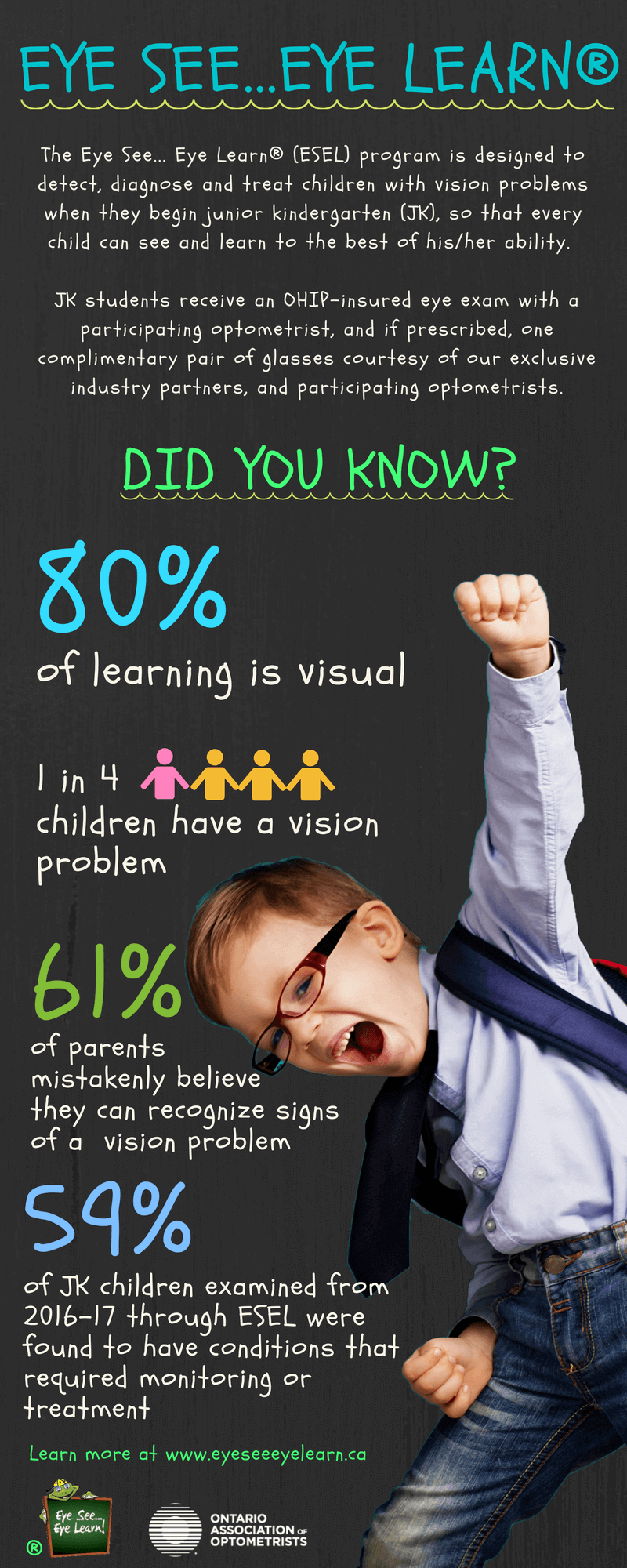

Vision Check: Comprehensive Eye Health Evaluations
Regular eye health evaluations are fundamental in maintaining optimal vision and detecting potential issues early on. From assessing visual acuity to evaluating the overall health of the eyes, comprehensive eye health evaluations play a crucial role in preserving and enhancing one of our most precious senses.
Importance of Regular Eye Health Evaluations
Regular eye health evaluations are not just about getting a new prescription for glasses; they are a proactive approach to maintaining overall eye health. Many eye conditions, such as glaucoma, macular degeneration, and diabetic retinopathy, often develop without noticeable symptoms in the early stages. Routine evaluations allow for the early detection of these conditions, enabling timely intervention to prevent vision loss.
Visual Acuity Assessment: Beyond 20/20 Vision
A key component of eye health evaluations is the assessment of visual acuity. This goes beyond the familiar 20/20 vision measurement. Evaluating visual acuity helps identify refractive errors like nearsightedness, farsightedness, and astigmatism. Addressing these issues through corrective lenses or other interventions enhances the clarity of vision.
Intraocular Pressure Measurement for Glaucoma Detection
Measuring intraocular pressure is crucial for detecting glaucoma, a condition characterized by increased pressure within the eye. Elevated intraocular pressure can damage the optic nerve, leading to vision loss. Regular evaluations, including this measurement, aid in the early diagnosis and management of glaucoma, preventing irreversible damage.
Retinal Examination: Window to Overall Eye Health
A thorough eye health evaluation includes a retinal examination, which provides a comprehensive view of the back of the eye. The retina is a crucial component for vision, and examining it allows for the identification of issues such as retinal detachment, macular degeneration, and diabetic retinopathy. Early detection through retinal examination is vital for preserving vision.
Assessment of Eye Alignment and Binocular Vision
Eye health evaluations also encompass an assessment of eye alignment and binocular vision. Issues with eye alignment, such as strabismus, can affect depth perception and lead to visual discomfort. Evaluating binocular vision ensures that both eyes work together efficiently, contributing to comfortable and effective vision.
Evaluation of the Tear Film for Dry Eye Diagnosis
Dry eye syndrome is a common condition that can cause discomfort and affect vision. Comprehensive eye health evaluations include an assessment of the tear film, evaluating the quantity and quality of tears. Diagnosing and managing dry eye early on can prevent complications and improve overall eye comfort.
Assessment of Ocular Health in Diabetes
Individuals with diabetes are at an increased risk of developing diabetic retinopathy, a condition that affects the blood vessels in the retina. Eye health evaluations are particularly crucial for those with diabetes, as they allow for the early detection of diabetic retinopathy. Timely intervention can help prevent vision impairment associated with this condition.
Evaluation of Lens Health and Cataract Detection
The eye’s lens plays a vital role in focusing light onto the retina. Eye health evaluations include an assessment of the lens for clarity and transparency. This evaluation aids in the detection of cataracts, a common age-related condition where the lens becomes cloudy. Early detection allows for timely surgical intervention to restore clear vision.
Discussion of Lifestyle and Environmental Factors
Comprehensive eye health evaluations go beyond clinical tests; they include discussions about lifestyle and environmental factors that may impact eye health. This can include considerations such as computer use, screen time, exposure to sunlight, and nutrition. Addressing these factors as part of the evaluation contributes to holistic eye care.
Prescription Updates and Vision Care Recommendations
Based on the findings of the evaluation, eye care professionals may recommend updates to prescriptions for glasses or contact lenses. Additionally, they provide guidance on vision care practices, such as protective measures for specific activities or suggestions for maintaining optimal eye health.
Conclusion: Prioritizing Vision for a Lifetime
In conclusion, comprehensive eye health evaluations are a cornerstone of proactive vision care. Regular assessments contribute to early detection and intervention, preserving vision and preventing potential complications. Prioritizing eye health through routine evaluations ensures that individuals can enjoy clear and comfortable vision throughout their lives.
For more information on Eye Health Evaluations, visit cloudfeed.net.
